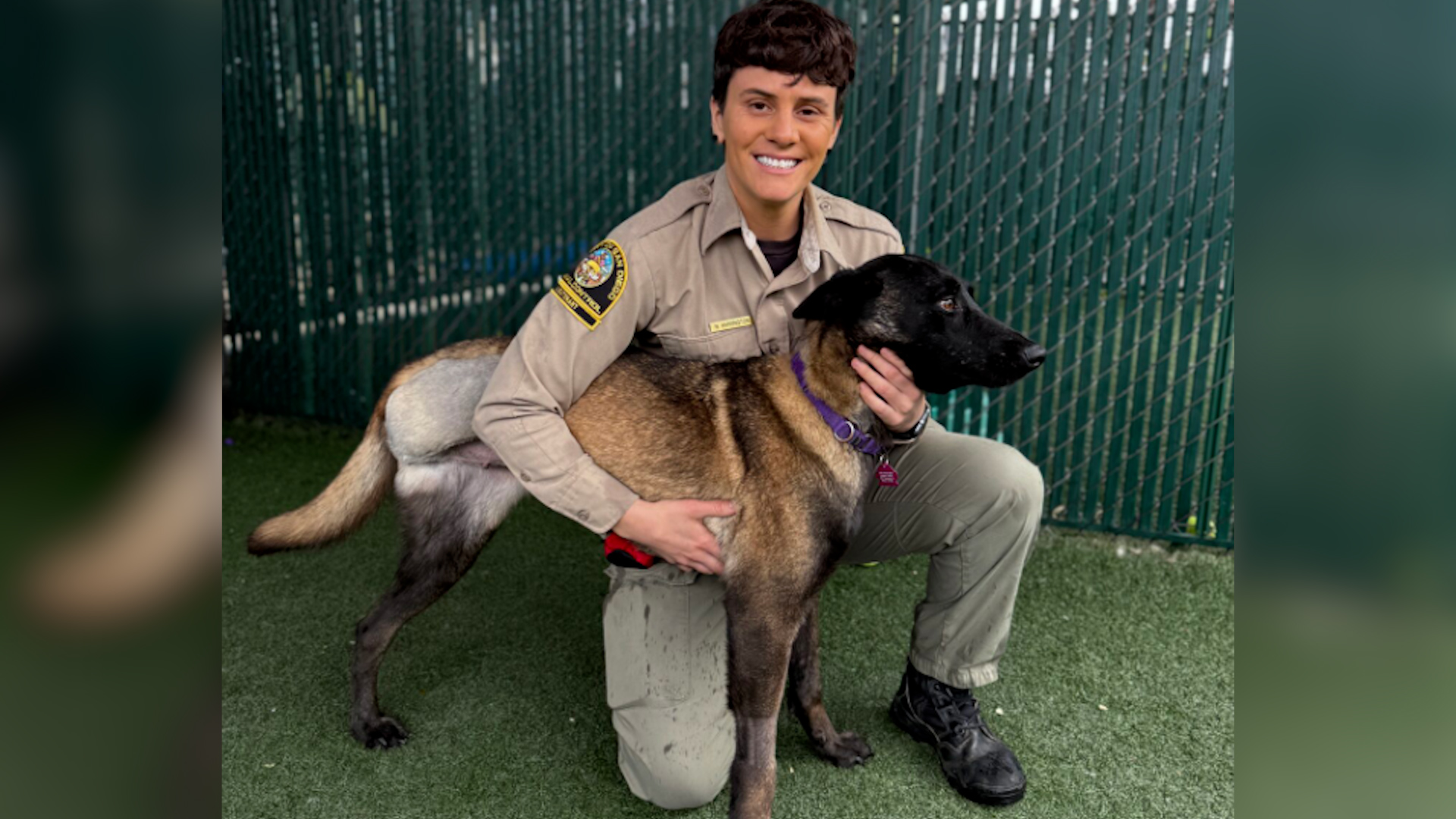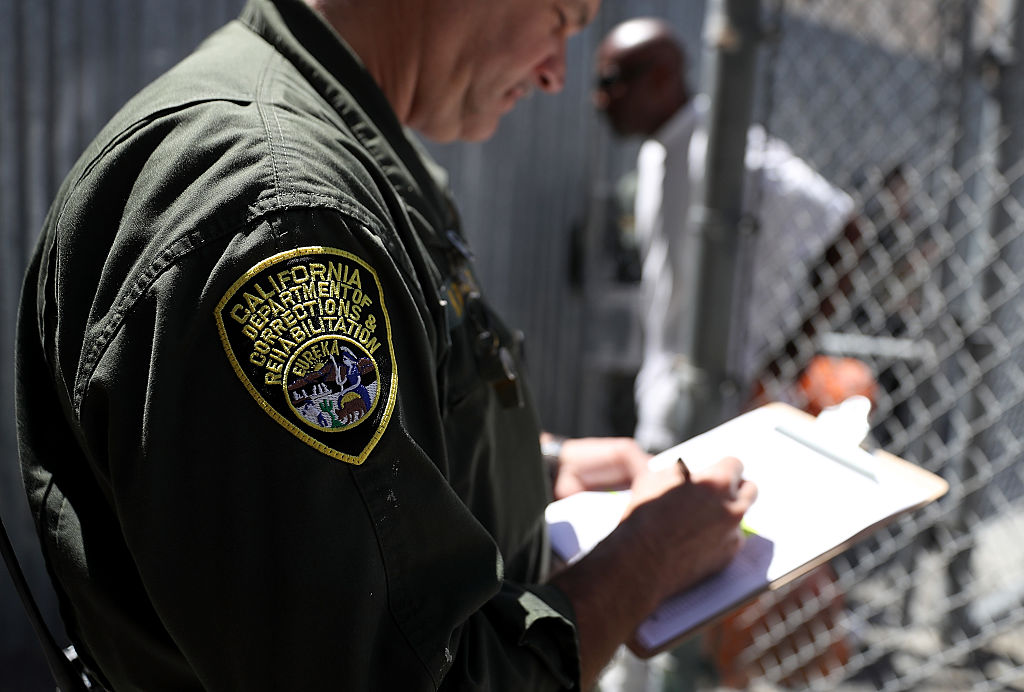Last year, Caltrans spent nearly $70 million on litter removal statewide. NBC 7’s Joe Little rports from the side of the freewasy.
Beer bottles, pizza boxes, sandwich wrappers and that stuff no one can recognize is just part of the scenery San Diego drivers have come to expect while driving down the freeway.
It’s the occasional couch or mattress in the center lane that makes freeway trash more than just a hazard for our eyes.
“The highways in this state are not trash cans,” Jim Bettencourt with the California Highway Patrol told NBC 7 while standing by an Interstate 805 offramp Wednesday. “We want to make sure that people secure their loads properly, don’t have debris falling off of their vehicle and causing crashes that can turn into injury or death.”
Caltrans is joining forces with state and local agencies this month to increase public awareness about the safety and financial burden freeway litter causes.
The Caltrans maintenance yard in Kearny Mesa is a treasure trove of hubcap filters, bumpers, a radio and even a kitchen sink and a copier – all of which were picked up in just the last two weeks, according to Caltrans Director Tim Gubbins.
Not only are kitchen sinks and copiers dangerous to run across on the freeway, it’s also dangerous for cleanup crews and costs taxpayers millions of dollars a year.
“We want to make sure that we keep our roadways beautiful because at the end of the day Caltrans spends millions of dollars picking up trash along the roads when they could be spending their resources somewhere else,” Bettencourt said. “That money could be spent repairing guard rails, that money could be spent repaving roads, making some of the freeways a little better and safer not only for the motoring public in the state of California, but also officers who are out there doing their jobs and Caltrans workers who are out there doing maintenance on the roadway.”
Local
It’s time and money wasted on waste. Caltrans and the CHP are simply asking drivers to be more responsible and courteous so they can focus on things that matter.
“We want to make sure everybody’s safe,” Bettencourt added.
Last year, Caltrans spent nearly $70 million on litter removal statewide. They collected enough trash to fill more than 42 Olympic-size swimming pools, according to Caltrans.



